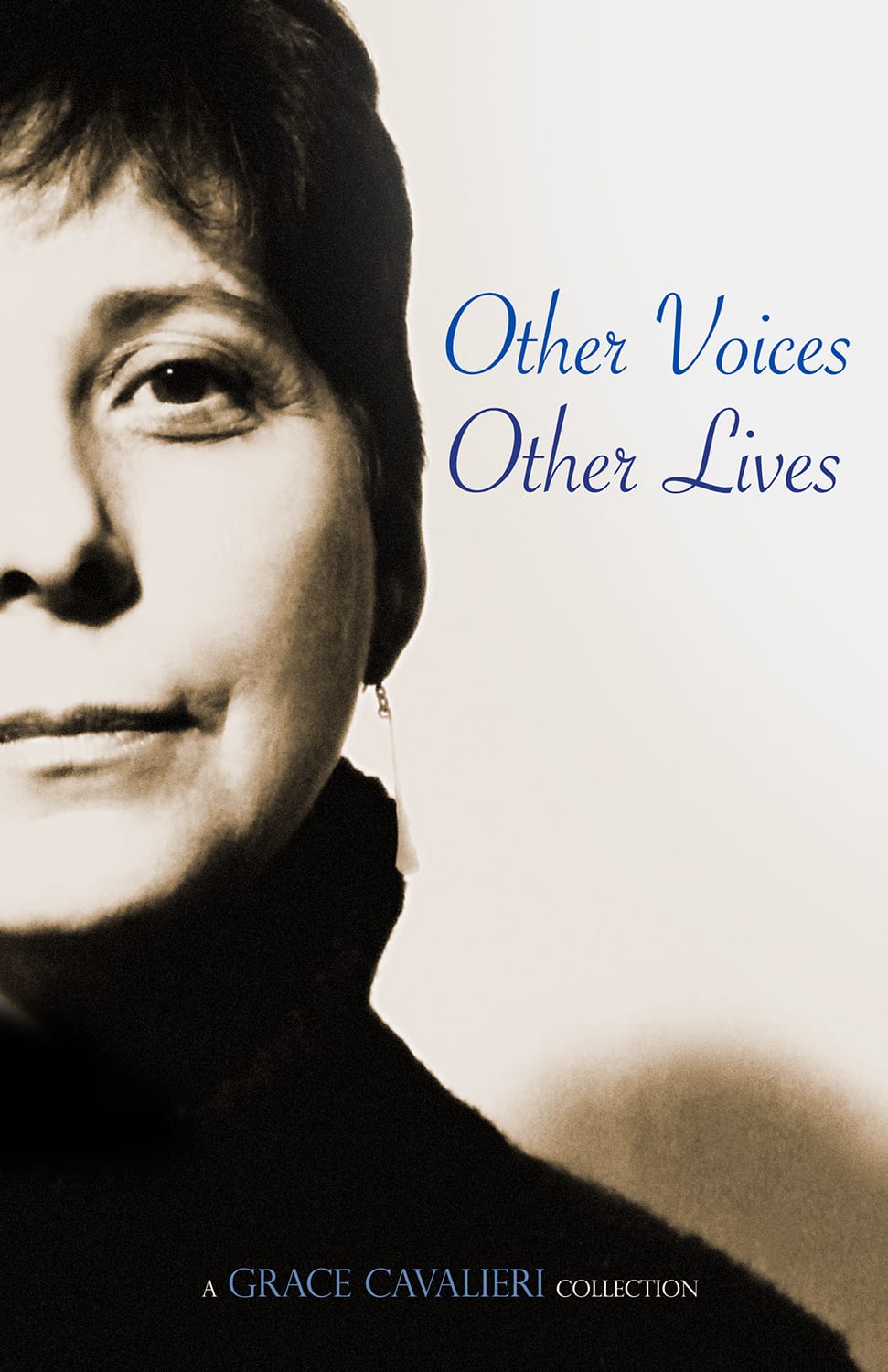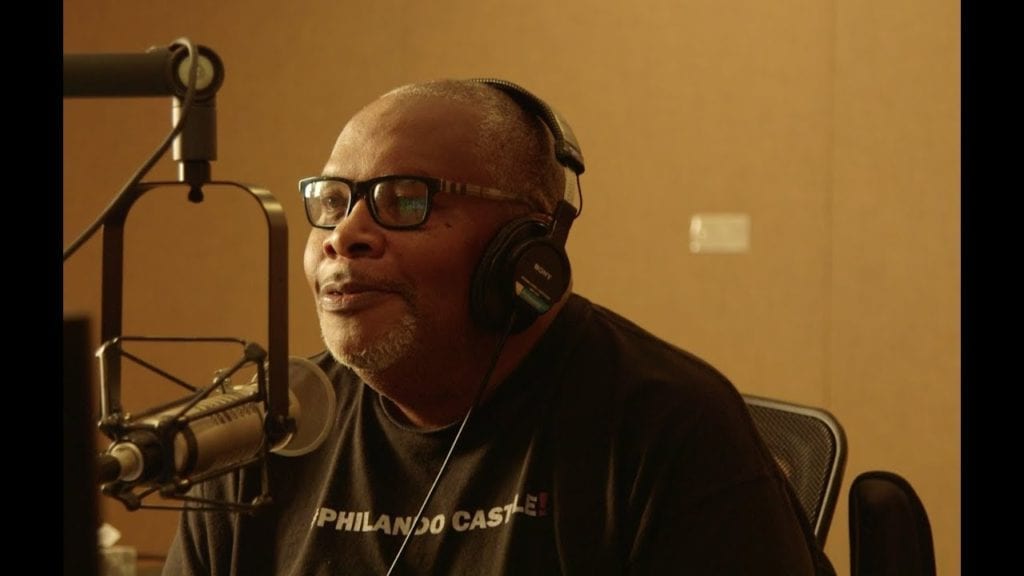John Doe of Band X Recalls his Time Studying Under Grace Cavalieri at Antioch
The punk-rocker, like so many others, discovered poetry through Grace Cavalieri. She offers some sound advice for aspiring readers.

John Doe, California punk-rocker of the band X shares a common trait with so many Maryland and D.C. poets: he discovered poetry through Grace Cavalieri. While Grace has introduced countless readers to poetry through her original work, it was in Grace's class at Antioch that Doe discovered the "current" poets whose vernacular was similar to his own. In an article from The Tampa Bay Times, Doe describes her method:
What she did was tell me, "Don't read anything that was written earlier than 1945 so you can be inspired by current poets that were alive and had a similar kind of vernacular, a similar way of talking in life." So when you do this, you don't have the hurdles, perhaps, of Shakespeare or Tennyson.
In his new book Under the Big Black Sun: A Personal History of L.A. Punk, Doe goes into more detail about his time studying under Grace and her influence on him and his music.
Grace's own poetic history can be found in the selected work Other Voices, Other Lives. OVOL features poetry both new and old, as well as selections from a number of Grace's plays, and even transcripts of her interviews with poets like Rita Dove. More about OVOL here.
Other Voices, Other Lives: A Grace Cavalieri Collection is a selection of poems, plays, and interviews drawn from over forty years of work by one of America’s most beloved and influential women of letters. The author of 23 books of poetry and 26 produced plays, and the founder of the legendary radio interview program, The Poet and the Poem, Grace Cavalieri has won multiple national awards for her writing and her service to literature. She currently resides in Annapolis, Maryland.
“On the Road, Columbia, South Carolina, Spring 1959” A Poem by Reuben Jackson
“There’s much said in what’s not said in Reuben Jackson’s poetry. His cleverly sparse style often convincingly veils the complexities of which he writes, just until the poet sharply corrects our deception.” Linda Stiles
Those deceptions Ms. Stiles refers to above often come from Reuben’s use of the child’s point of view. As a child, the narrator, and reader by proxy, is looking up at the absurdity of adult interests and actions with a renewed curiosity. The narrator misses the cut of the barber’s words when asked “aren’t you proud of being negro?” The narrator cannot reason why the neon lights of the roadside motel are fading in the rear-view window, and yet his father seemed once so confident…
New Poem by Reuben Jackson, “Radio Nights”
Radio Nights by Reuben Jackson ASP is proud to premier the new Reuben Jackson poem, “Radio Nights.” From Reuben: As I mentioned during the interview with Rose Solari, my childhood […]
Reuben Jackson Reads his Poem “Second Grade”
Reuben Jackson Reads “Second Grade” “Reuben Jackson’s poems are gateways to possible worlds. With the finesse of a real sleight-of-hand artist, he transforms the truly personal—hopes, dreams, desires—into universal memories.” Richard […]


